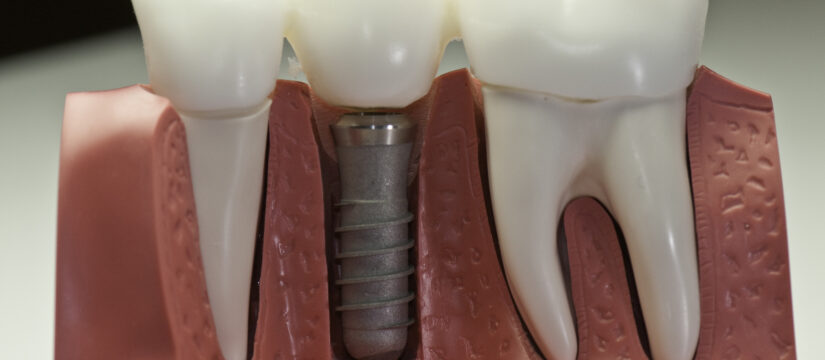
Did you know that dental implants are a great option for those who want to improve their appearance, boost their self-esteem, and eat all of the foods that they love without struggling to chew them?
If you’re missing one or more teeth, you may be considering “dental implants in my area” as a way to restore your smile.
While the process may seem intimidating at first, with the right plan in place, you can have a full set of functional teeth once again. To make things easier for you, we have put together a guide. Keep reading to find out more.
A 2-Step Plan: How Dental Implants Work
Your dental implant procedure will involve replacing your missing teeth with artificial tooth roots. The first step will be a consultation with your dentist.
During this time they will assess your oral health and determine if you are a good candidate for dental implants. If you are, they will create a treatment plan specifically for you.
This will typically involve surgically placing the implants into your jawbone, followed by a period of healing. This process is painless as we perform them every day.
Once your implants have fully integrated with your bone, you will return to have your dentist attach the artificial teeth to the implants.
The entire process can take 2-4 months to complete. The result will be a fully functional and natural-looking solution for replacing your missing teeth.
Why Should I Get Dental Implants if I Have Missing Teeth?
One of the main reasons why you should consider a dental implant procedure if you have missing teeth is that dentists design dental implants to look, feel, and function just like natural teeth.
This can help restore your confidence and improve your quality of life. Dental implants also have a very high success rate and can last for many years with proper care.
They can also help prevent bone loss in your jaw, which is a common problem after tooth loss.
They also prevent your other teeth from shifting and moving causing a severe bite problem.
Also, keep in mind that dentists can use dental implants to support a single crown, a bridge, or even a full set of dentures. This is why dental implants in Rockville are a versatile and effective solution for replacing missing teeth.
What Are the Different Types of Dental Implants?
If you’re considering a dental implant procedure to replace your missing teeth, you have a few options to choose from.
One option is a single-tooth implant, which involves placing a single implant in your jawbone to support a crown. This is a good option if you’re missing a single tooth or if you have a gap between two teeth.
Some people also get multiple teeth implants. This involves placing several implants in your jawbone to support a bridge. This is a good choice if you’re missing several teeth in a row or if you have a large gap between two teeth.
A third option is a denture-supported implant, which entails placing several implants in your jawbone to support a full or partial denture.
This is a good option if you’re missing most or all of your teeth and want a more secure and stable alternative to traditional dentures.
Your dentist will be able to help you determine which type of dental implant is best for your needs and situation.
How Long Does a Dental Implant Procedure Take?
The length of your dental implant procedure will depend on several factors. This includes the number of implants being placed, the complexity of your case, and your healing process.
In general, the entire process can takes a few short months to complete.
This is because you will need to give the implant time to integrate with your jawbone before your dentist can insert the artificial teeth.
The integration process can take several weeks or even a few months, depending on your specific case.
Creating a Dental Implant Budget
Many people who qualify for getting dental implants worry that they cannot afford this procedure. Here are several steps you can take to create a dental implant budget.
Gather Information
Start by getting estimates from several dentists or oral surgeons. Ask about the total cost of the implant procedure, including the initial consultation, surgery, and any follow-up appointments.
Check Your Insurance Coverage
Many dental insurance plans cover at least a portion of the cost of dental implants. Check with your insurance provider to see what your policy covers.
Consider Financing Options
If you need to finance part of the cost of your dental implants, there are several options available. These may include a dental loan, a medical credit card, like Care Credit, or a payment plan through your dentist.
Create a Budget
Based on the estimates you’ve gathered and the coverage and financing options you have available, create a budget. Make sure that it outlines the total cost of the implant procedure and how you plan to pay for it.
Dental Implants in My Area: Know Your Options
If you are looking for “dental implants in my area,” there are several important things to understand about this procedure.
Keep in mind that there are two steps to getting implants. After your dentist places an implant in your mouth, you will need to wait for several months before returning to have them attach replacement teeth to your implant.
Are you interested in getting dental implants? If so, don’t hesitate to visit our Dental Implants page to find out more about this procedure.


